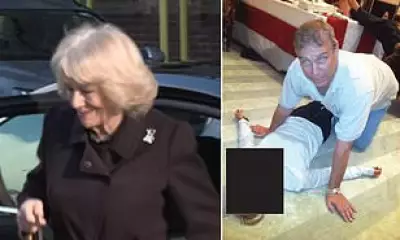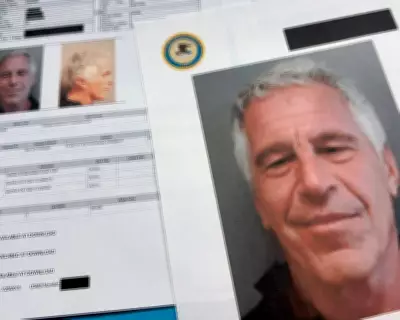
Labour leader Sir Keir Starmer is facing a political firestorm after refusing to launch an investigation into Shadow Chancellor Rachel Reeves' controversial rental property arrangements, despite mounting pressure from political opponents and transparency campaigners.
The Property Controversy
At the heart of the scandal lies Ms Reeves' ownership of a buy-to-let property in London, which has drawn criticism given Labour's strong stance on rental reforms and housing policy. The arrangement has raised eyebrows among housing activists and political commentators who question its alignment with Labour's professed values.
Critics have been quick to highlight the apparent contradiction between the Shadow Chancellor's personal property investments and her party's public position on housing reform. The controversy comes at a particularly sensitive time for Labour, which has positioned itself as the party of ethical standards in Westminster.
Mounting Political Pressure
Conservative MPs have seized upon the issue, accusing Sir Keir of applying "double standards" when it comes to investigating potential conflicts of interest within his own team. The refusal to initiate a formal probe has provided ammunition for government ministers who claim Labour is failing to practice what it preaches.
One senior Conservative figure told reporters: "This is exactly the kind of behaviour Labour claims to oppose. If they're serious about cleaning up politics, they need to start with their own front bench."
Transparency Concerns
Good governance campaigners have expressed concern about the precedent being set. Transparency International UK noted that "consistent application of ethical standards is crucial for public trust in politics," adding that "all parties must demonstrate they hold their own members to the same standards they expect of others."
The controversy has sparked broader questions about how political parties handle internal investigations and whether current systems for maintaining ethical standards are fit for purpose.
What Happens Next?
With pressure building from multiple directions, political analysts suggest Sir Keir faces a difficult decision:
- Maintain his current position and risk accusations of hypocrisy
- Launch an investigation that could embarrass his Shadow Chancellor
- Develop clearer guidelines for frontbenchers' financial interests
The outcome of this internal party drama could have significant implications for Labour's credibility on ethical issues and their ability to attack government sleaze allegations effectively.
As Westminster watches closely, the handling of this situation may well define Sir Keir's leadership on transparency matters and influence voter perceptions ahead of the next general election.





